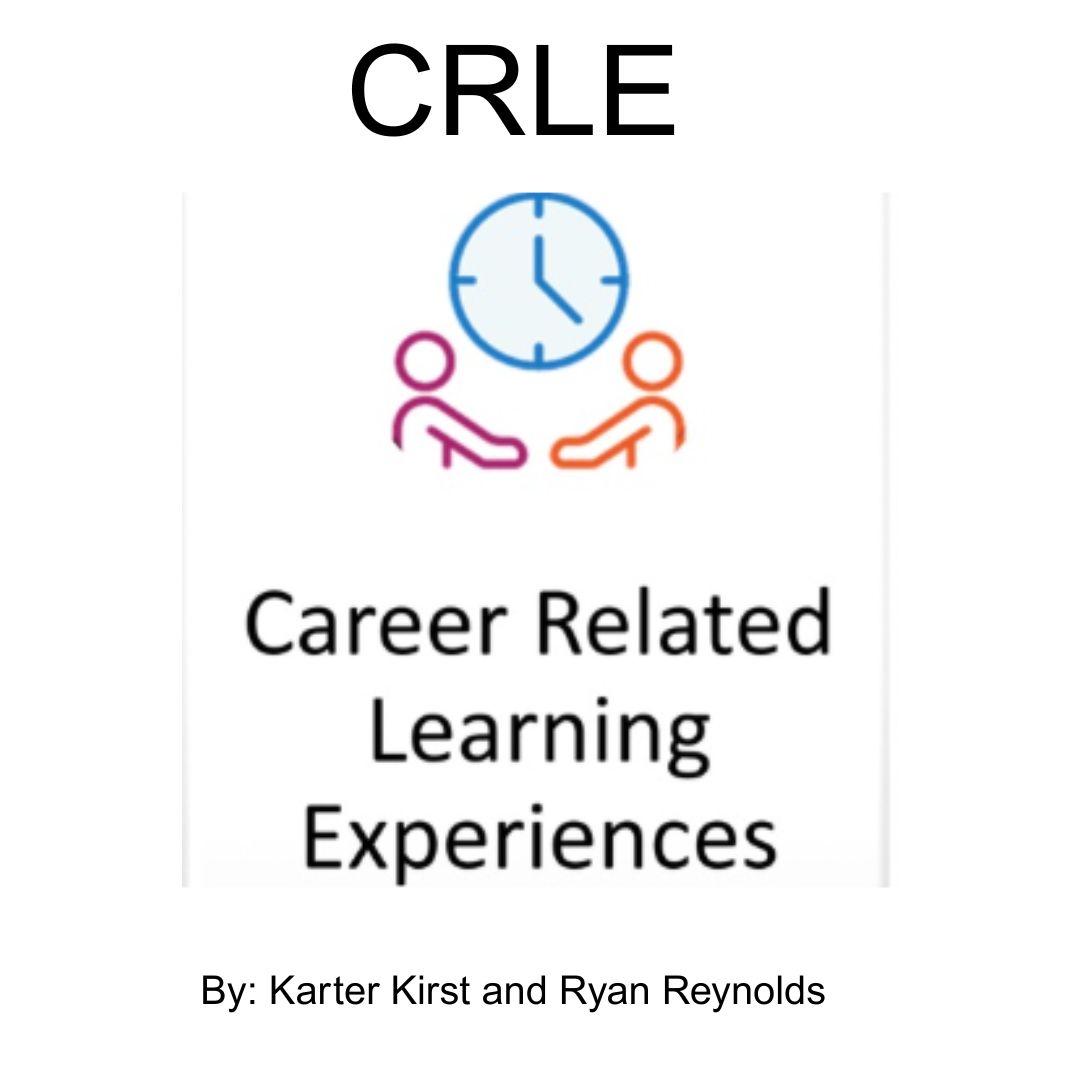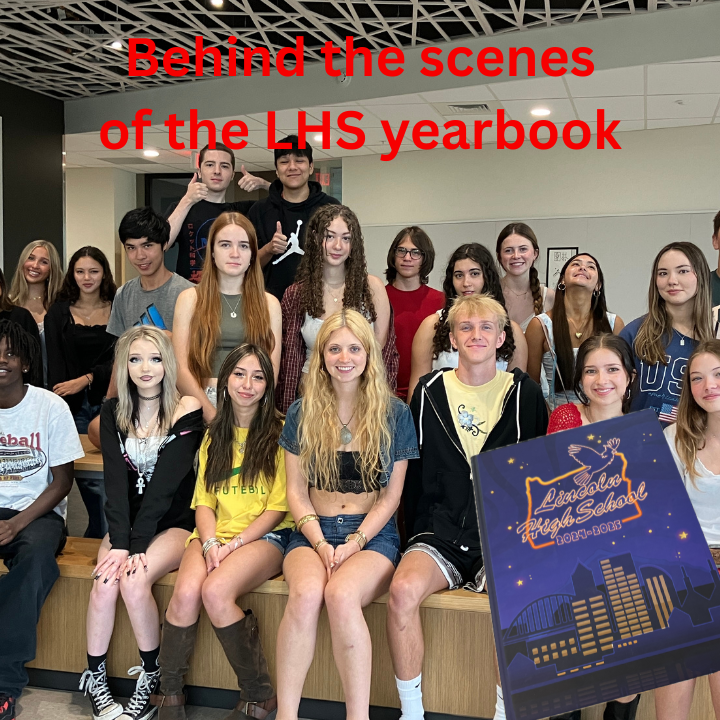Lincoln students grapple with new sick day guidelines
COVID-19 guidelines encourage students to stay home when experiencing COVID-19 symptoms, like a cough or fever. Some students are worried about missing school and falling behind.
January 4, 2022
A question on the minds of many students and parents at the beginning of the school year was how COVID-19 would be managed as students returned to in-person school. Now, with the Omicron variant spreading quickly, this question has resurfaced.
As the school administration has established, there are several steps being taken to try and minimize COVID cases among students, like mandatory masking, social distancing and encouraging students to stay home when sick. But when attendance can highly impact their grades, some students are finding staying home challenging.
According to Nurse Mary Johnson, students should self-check at home before coming to school and look for common COVID symptoms, like cough, fever and headaches. In accordance with the school’s policy, students should remain at home until symptom-free for 24 hours. Johnson believes this policy has been working.
“Generally, students are getting fewer viruses than they have in the past,” she said. “We’re wearing masks, washing hands and not coming to school sick. When we have positive cases, [COVID-19] isn’t spreading.”
She also remarked that she understands the stress of missing school, but thinks students understand the importance of staying home.
“I understand the added stress because [students] have to stay home, but I think they understand the necessity of it,” Johnson said.
Sophomore Hildi Harrington stayed home sick on Dec. 2 because of a sore throat. After two negative COVID-19 tests, she came back to school, but her cold symptoms had not yet entirely subsided.
“I didn’t want to miss more school. That’s the only reason [I came back]. It seems like once you miss one day, you’re already so behind,” Harrington said.
Harrington tried to access her assignments online, hoping to catch up before returning to school, but she only found assignments posted for one of her eight classes. A week after being sick, Harrington said she is still trying to catch up.
“Some teachers rely heavily on Canvas, so it’s easier to do things at home, but some just put up a plan instead of the actual assignments, so you can’t do them [at home],” she said.
Despite having trouble catching up, Harrington noted that many of her teachers are more forgiving this year, allowing sick students time to complete assignments past their due dates.
“I think teachers are more lenient, at least some teachers are compared to others,” Harrington said. “I wouldn’t say they changed things on purpose. Most things have been online, so it’s been easier.”
In a time where students staying home when they have any symptoms of COVID-19 is so critical, having ways to catch up at home is important.
Spanish teacher Saneun McHaley-Foley has an online plan for absent students, something she’s been doing for 12 years.
“Every day, the students are supposed to read the lesson plan. They have [access to all of the plans] digitally,” McHaley-Foley said. “If kids aren’t here, they have the announcement [and] they have a link for the warmup. The lesson goes through everything we do.”
Although McHaley-Foley hasn’t seen an overwhelming number of absent students this year, she still believes online lesson plans are important.
“[When students return], they’re not confused. They come in and they take off from where [the class] left off,” McHaley Foley said. “It can be overwhelming to be behind in eight classes. Especially in a class where you learn a new concept everyday.”
As Harrington noted, many teachers do not have online plans for sick students, although some are beginning to institute plans like McHaley-Foley’s.
Students say these online plans could allow them to complete all missing work before coming back to school, and lower the possibility of sick students spreading viruses while worrying about missing assignments.
“If you feel pressure to come to school just because you will miss something, you put everyone at risk of getting sick,” Harrington said. “Teachers having work online is beneficial because if you feel well enough to work, you aren’t as behind when you come back to school.”




